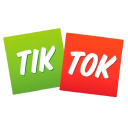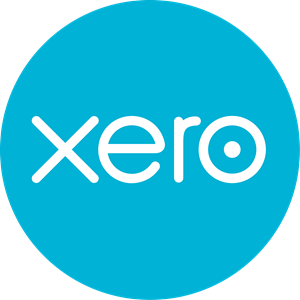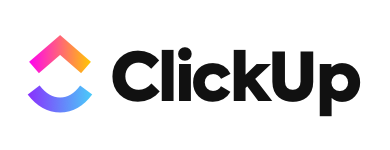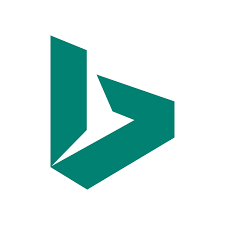Pivoting Into A D2C Growth Agency And Generating $100K/Year In Revenue [Update]
This is a follow up story for Social Reach. If you're interested in reading how they got started, published almost 8 years ago, check it out here.
Hello again! Remind us who you are and what business you started.
Hi, I'm Stephen; I was last interviewed by Starter Story about 5 years ago now! At that time, I was starting my journey as a full-time, self-employed marketer with Micro Bikes UK, an e-commerce store selling kid's quad bikes.
Since then, I pivoted into the service industry selling the services I'd used to grow my e-commerce store. Social Reach offers Paid Social services and UGC for eCommerce brands on TikTok, Facebook, Instagram, Google, and Bing.
At the peak of our business, Social Reach was turning over $100K/Year.

Tell us about what you’ve been up to. Has the business been growing?
Since I last spoke with Starter...

Download the report and join our email newsletter packed with business ideas and money-making opportunities, backed by real-life case studies.

Download the report and join our email newsletter packed with business ideas and money-making opportunities, backed by real-life case studies.

Download the report and join our email newsletter packed with business ideas and money-making opportunities, backed by real-life case studies.

Download the report and join our email newsletter packed with business ideas and money-making opportunities, backed by real-life case studies.

Download the report and join our email newsletter packed with business ideas and money-making opportunities, backed by real-life case studies.

Download the report and join our email newsletter packed with business ideas and money-making opportunities, backed by real-life case studies.

Download the report and join our email newsletter packed with business ideas and money-making opportunities, backed by real-life case studies.

Download the report and join our email newsletter packed with business ideas and money-making opportunities, backed by real-life case studies.




































